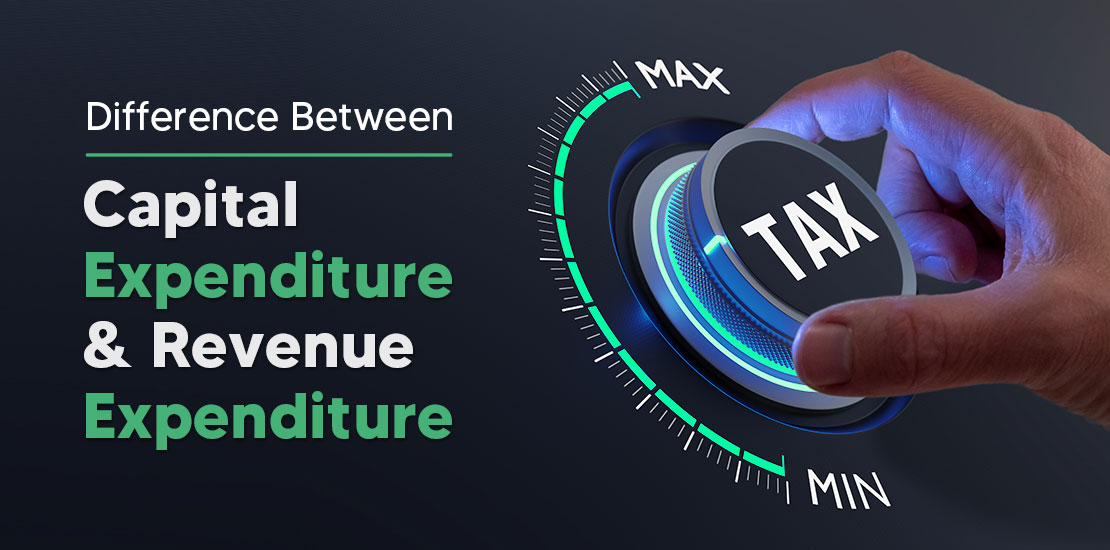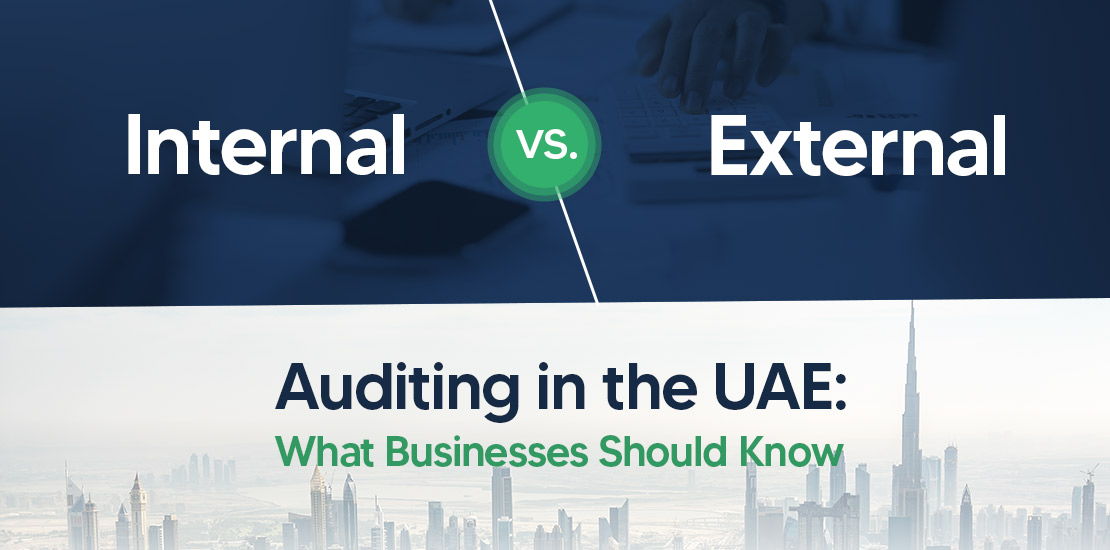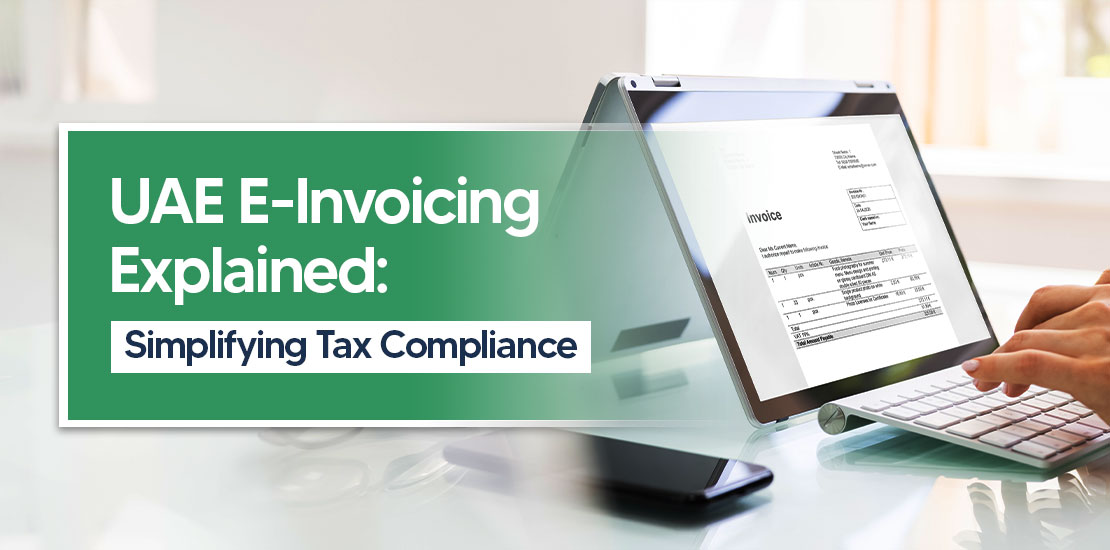Table of Contents
- Overview of Accrual Accounting vs. Cash Basis Accounting
- What is Accrual Accounting?
- Benefits of Accrual Accounting
- What is Cash Basis Accounting?
- Benefits of Cash Basis Accounting
- What It Means to Record Transactions?
- Difference Between Accrual Accounting vs. Cash Basis Accounting
- Examples of Accrual Accounting
- Examples of Cash Basis Accounting
- Conclusion: Cash vs Accrual Accounting
Choosing the proper accounting method is essential for every business. The two most common approaches are Accrual Accounting vs. Cash Basis Accounting. Each has distinct advantages, and the decision will depend on your business size, complexity, and financial reporting needs.
In this blog, we will explore these two methods in depth, helping you understand their differences, benefits, and how they affect your business finances.
Overview of Accrual Accounting vs. Cash Basis Accounting
The main difference between Accrual Accounting vs.Cash Basis Accounting is the timing of when revenues and expenses are recognised. Businesses must choose an accounting method that reflects their financial situation and complies with regulatory requirements.
What is Accrual Accounting?
Accrual Accounting is an accounting method that recognises revenue and expenses when earned or incurred, not when the cash is received or paid. Under this method, businesses record transactions at the time they occur, regardless of cash flow. This is known as the accrual method of accounting.
For example, if you provide a service in December but receive payment in January, you would record the revenue in December, when the service was completed. This method accurately reflects the business’s financial position, considering all earned revenues and incurred expenses, not just cash transactions.
Accrual accounting is commonly used by larger businesses and is often required for companies that follow accrual accounting tax guidelines. It adheres to Generally Accepted Accounting Principles (GAAP), ensuring that financial statements provide an accurate and fair view of the business’s economic performance.
Benefits of Accrual Accounting
The accrual method of accounting tax offers significant advantages for businesses. It offers a more accurate representation of financial health by recognising income and expenses when they are incurred rather than when cash is exchanged. The benefits of Accrual Accounting are as follows:
1. Accurate Financial Representation
Accrual accounting provides a more transparent, more accurate picture of a company’s financial performance by recording transactions as they occur.
2. Adherence to Matching Principle
Accrual accounting matches revenues with expenses in the period earned or incurred. It allows for better profit measurement.
3. Required for Larger Businesses
Businesses that exceed certain revenue thresholds or are publicly traded often must use accrual accounting to comply with legal and regulatory requirements.
4. Better Long-Term Decision Making
Accrual accounting offers a comprehensive financial view, enabling better-informed business decisions, easier access to financing, and greater appeal to potential investors.
What is Cash Basis Accounting?
In contrast, Cash Basis Accounting is an accounting method where revenues and expenses are only recorded when cash changes hands. This method is more straightforward, making it popular among small businesses, freelancers, and sole proprietors.
For example, in cash basis accounting, if you deliver a product or service in December but don’t receive payment until January, you wouldn’t record the revenue until January, when the payment is received. This method focuses only on actual cash flow rather than the timing of the transaction itself.
Benefits of Cash Basis Accounting
Cash basis accounting offers businesses a straightforward and simplified approach, recognising income and expenses only when cash is received or paid. It makes it ideal for smaller businesses looking for an easy way to track their finances. The benefits of Cash Basis Accounting are as follows:
1. Simplicity and Ease of Use
Cash Basis Accounting is simple to implement and requires less record-keeping. It’s ideal for small businesses or individuals with uncomplicated transactions.
2. Clear Cash Flow Picture
Since transactions are recorded only when cash is received or paid, it provides a clear view of a company’s liquidity and available cash.
3. Potential Tax Deferral
Businesses using cash basis accounting may enjoy tax deferral benefits. Companies may delay tax obligations by recognising income only when cash is received, especially if they experience fluctuating cash flow.
4. Ideal for Small Businesses
Cash basis accounting is well-suited for smaller businesses with fewer accounts receivable and payable. It is a straightforward option for those who need more complex financial structures.
Read Also: Tax Accounting Services in Dubai
What It Means to Record Transactions?
Recording transactions in accounting means officially documenting a business’s financial activities in its books. This process is essential for producing accurate financial statements and understanding a company’s financial health.
- Accrual accounting records transactions when they happen, even if no cash is exchanged. This includes earned revenues and expenses incurred, ensuring all transactions are captured in the appropriate accounting period.
- Cash Basis Accounting, on the other hand, records transactions only when the cash is received or paid. Income is recognised only when collected, and expenses are recognised only when paid.
Both methods have pros and cons, and businesses must choose the one that best suits their operational needs.
Difference Between Accrual Accounting vs. Cash Basis Accounting
Below is a comparison table highlighting the key differences between Accrual Accounting vs. Cash Basis Accounting:
| Aspect | Accrual Accounting | Cash Basis Accounting |
| Revenue Recognition | Recognised when earned, regardless of cash flow | Recognised when cash is received |
| Expense Recognition | Recognised when incurred, regardless of cash flow | Recognised when cash is paid |
| Complexity | More complex requires detailed tracking | Simpler, easier to maintain |
| Tax Implications | Complies with GAAP and is needed for larger businesses | Can provide tax deferral opportunities |
| Financial Picture | Provides a more accurate view of profitability | Gives a clearer picture of the cash flow |
| Suitable for | Larger businesses, those seeking investors or loans | Small businesses, freelancers, or those with straightforward operations |
This comparison shows that while cash vs accrual accounting both serve the purpose of recording financial transactions, their approach and impact on financial reporting differ significantly. Larger businesses often choose accrual accounting for its detailed and accurate reporting, while small companies may prefer the simplicity of cash basis accounting.
Examples of Accrual Accounting
Let’s take a closer look at how accrual accounting works in practice:
Example 1
A company signed a contract to deliver consulting services in December. Even though the payment won’t be received until January, the company will recognise the revenue in December, when the service was provided.
Example 2
A business purchases office supplies on credit in October. The expense will be recorded in October when the supplies were received, even though payment won’t be made until November.
These examples highlight how accrual accounting records revenues and expenses in the period they occur, not based on the actual cash flow.
Examples of Cash Basis Accounting
Here’s how cash basis accounting operates in real-world scenarios:
Example 1
A business delivers a product in December but receives payment in January. Under cash basis accounting, the revenue will be recorded in January, when the money is accepted.
Example 2
A company buys new equipment in October but makes the payment in November. The expense will be recorded in November when the payment is made.
These examples show that cash basis accounting only records transactions when cash is involved, which is simpler but may not reflect the accurate financial picture of a business.
Conclusion: Cash vs Accrual Accounting
Choosing between the cash or accrual accounting method depends on your business’s needs, size, and regulatory requirements. The debate of Accrual Accounting vs. Cash Basis Accounting presents two distinct approaches to financial reporting.
While accrual accounting offers a more accurate view of a company’s financial health by recording transactions when they happen, cash basis accounting focuses on actual cash transactions and is much simpler to implement.
Cash basis accounting might be the best choice for small businesses with simple operations due to its simplicity and transparent cash flow management. On the other hand, businesses seeking more accurate financial reporting must comply with the accrual method of accounting tax regulations, or those with complex financial transactions will benefit from the accrual accounting method.
If you’re unsure which accounting method cash or accrual, suits your business or need professional guidance on managing your finances, please contact us today.
Contact Shuraa Tax at +971508912062 or email info@shuraatax.com. Our expert team is ready to simplify your accounting and taxation needs, ensuring your business stays on the road to success.













